
Developer: Liber Entertainment, OperaHouse Corporation
Publisher: PQube
Platform: Switch
Tested on: Switch
I*Chu: Chibi Edition – Review
Despite the impression you may have gotten from our review of B-PROJECT RYUSEI*FANTASIA , our knowledge of Asian idol bands is very limited. It’s probably safe to say that we’re not part of the target audience for I*Chu: Chibi Edition, then. For one, it’s a game about virtual Japanese idols, and apart from Hatsune Miku, we wouldn’t be able to recognize one if it hit us in the face. Secondly, it’s a gacha game. The whole point of gacha is to collect ‘em all, but if you don’t know or care about the collectibles, it’s hard to be motivated to complete the set. So, why did we decide to bite the bullet on I*Chu: Chibi Edition? Quite simply because it also happens to present an interesting case for game preservation. I*Chu used to be a live service game, which was taken down but then got another lease on life. Is it a title worth that revival?
Story
The in-game premise behind I*Chu is paper-thin, and its cast consists of archetypal characters. The game is about the Étoile Vie School, an institute that educates young men on how to become successful stage performers. The story is told through short visual novel segments, but these are either poorly written or just very awkwardly translated. If you really want to learn I*Chu’s story, you’re probably better off watching the anime series. So if you’ll allow us, instead we’ll summarize the history behind I*Chu, as it’s far more interesting than the in-game narrative. I*Chu originally debuted as a mobile game in Japan in 2015 and proved to be a massive success, reaching more than one million players in 2017 and spawning not just an anime but several full CDs as well. The original I*Chu was discontinued and replaced by the enhanced I*Chu Étoile Stage in 2020. Étoile Stage was subsequently ported to the Switch as Chibi Edition in Japan in 2022, although some otome story elements were removed for the port. Still, the Switch release ensures that I*Chu is able to live on after server closure, which is something that can’t be said for most mobile games.
Graphics
Visually, I*Chu is a mixed bag. The designs for the 32 collectible characters and the supporting cast are top-notch, and a huge part of I*Chu’s appeal. Aesthetically, the game may not be our personal cup of tea, but we can certainly understand why someone would become a fan of the franchise purely based on the way the characters look. What drags things down in terms of visuals is how I*Chu’s resolution is all over the place. We played the game in handheld mode, and the text often looked a smidge blurrier than the illustrations. When interacting with the game’s gacha system, the full artwork of our pulls came out grainy and pixelated. Visual performance is also not up to standards, which is surprising for a game that relies on static image portraits rather than fully animated characters. Somehow, I*Chu lags whenever the background changes or different characters enter or leave the scene.
Sound
If you’re a fan of Jpop, you’re absolutely going to love what’s being offered here. There are tons of different songs from I*Chu’s multi-album back catalog present in the game, forming the stages for the rhythm segments. Apart from the music, there isn’t a whole lot of meat to I*Chu’s audio, but that’s perfectly acceptable for what is in essence a rhythm game/visual novel hybrid.
Gameplay
There is no escaping I*Chu’s origins as a mobile game, if only because the game’s gacha mechanics are front and center. The idea is that you build a collection of idols and form a boyband with them. Your carefully created pop sensation then takes to the stage in a rhythm game. This is best played on the Switch’s touch screen because Joy-con controls are iffy at best. I*Chu plays somewhat like a Guitar Hero game, requiring you to tap the right circles in time with the music. The rewards you reap are used to either expand your idol collection or to upgrade existing talents. This allows you to tackle higher-difficulty rhythm stages. In between rounds of musical mayhem, visual novel segments flesh out I*Chu’s story. I*Chu’s gameplay loop is very simple, making it perfectly suited for short pick-up-and-play sessions. However, there isn’t really enough depth here for prolonged stretches of play. The best thing about the port is probably that any of the standard mobile trappings, like microtransactions, aren’t present here.
There are various difficulty levels for each of the songs, although if you’re just here for the story, you can play all of these on easy mode. And when we say easy, we mean really easy. Despite the game being a “full” version, I*Chu still follows the same pacing and logic of a mobile title, so you’ll need to unlock every song by playing. As such, the game was designed with ease of access in mind first and foremost, instead of challenging skilled players. The mindset of the original mobile version is of course to get players to spend money to get their favourite I*Chu characters. While you won’t be doing any spending here beyond the initial price of entry, the gacha pull rates seemingly weren’t adjusted from the mobile version, and are therefore abysmal. The idea is that you’ll get better rewards from playing higher difficulty levels, but beyond the easy mode, you’ll need better characters to get perfect scores, meaning you’ll be replaying the easy songs over and over again. Pacing is definitely something that could have been adjusted here, especially since the absence of any online components means that there are no limited-time events or leaderboards meant to pressure you to get past artificial hurdles.
It’s a shame just how unpolished the Switch port of I*Chu is then, because in a vacuum, the rhythm game is actually pretty fun once you start being able to tackle higher difficulty levels. Of course, there are a couple of hoops you need to get through before I*Chu’s gameplay starts to get into its own, and not just luck-based ones. The gacha system itself is needlessly complicated, not in the least because of the awful localization, making it difficult to figure out just how it works. This is an issue that’s even more egregious with the tutorial than it is with the poorly translated narrative. For a €30 price of entry, players should expect better.
Conclusion
We get that we’re not in I*Chu’s target audience, but we were more than willing to give this one a chance. Unfortunately, I*Chu simply doesn’t stick the landing. The issues we have with the game aren’t with the anime aesthetic or the soundtrack, but with the lack of effort that went into converting the mobile title into a full-fledged console game. Many of the mobile hallmarks are still very much present. The shoddy translations and visual hiccups don’t help either. We’re all for preserving games, including mobile ones, in one way or another, but this isn’t it.

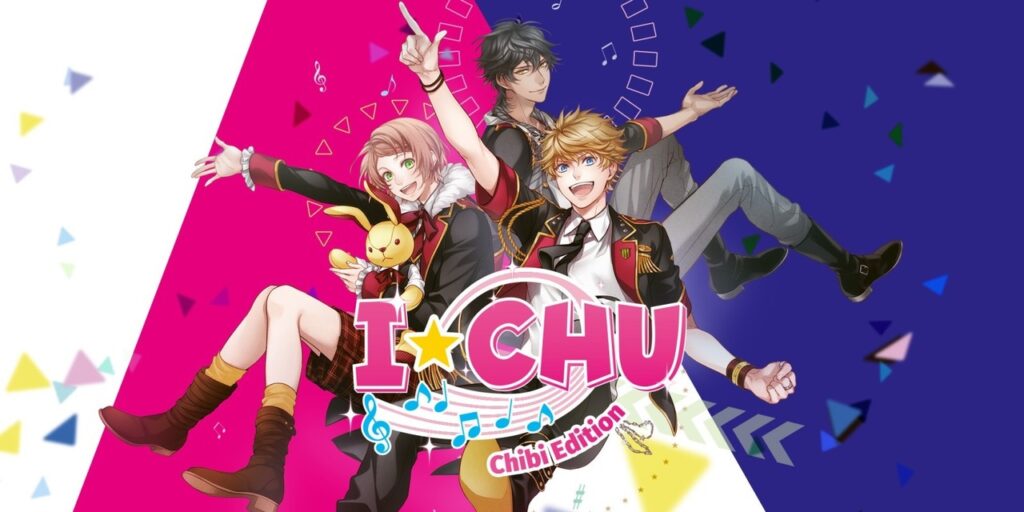
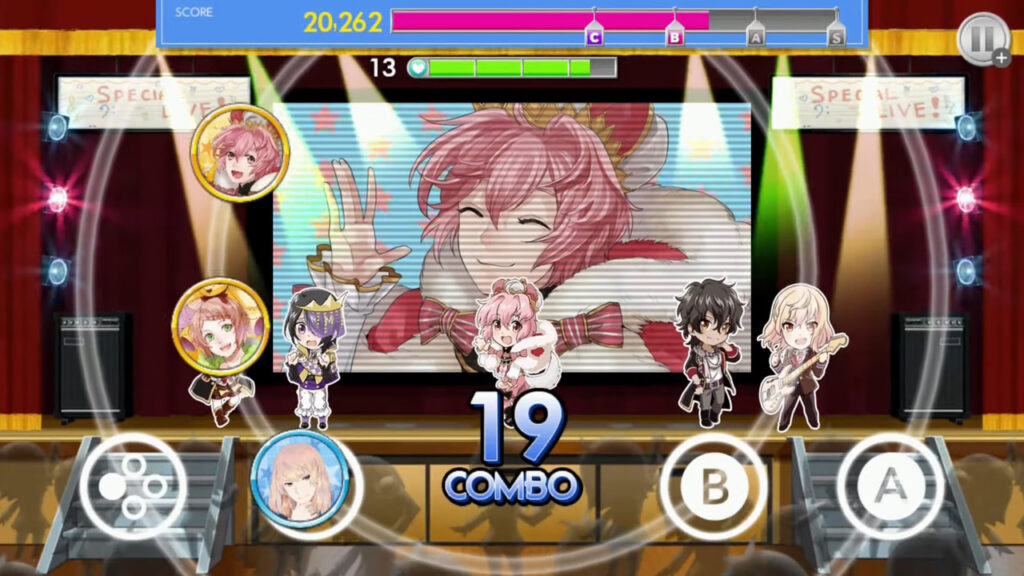
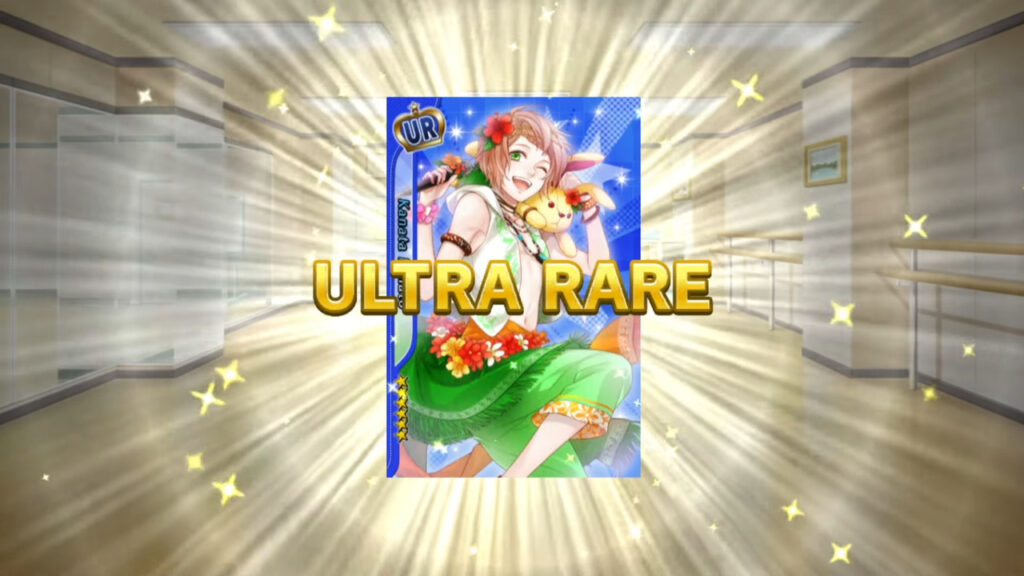
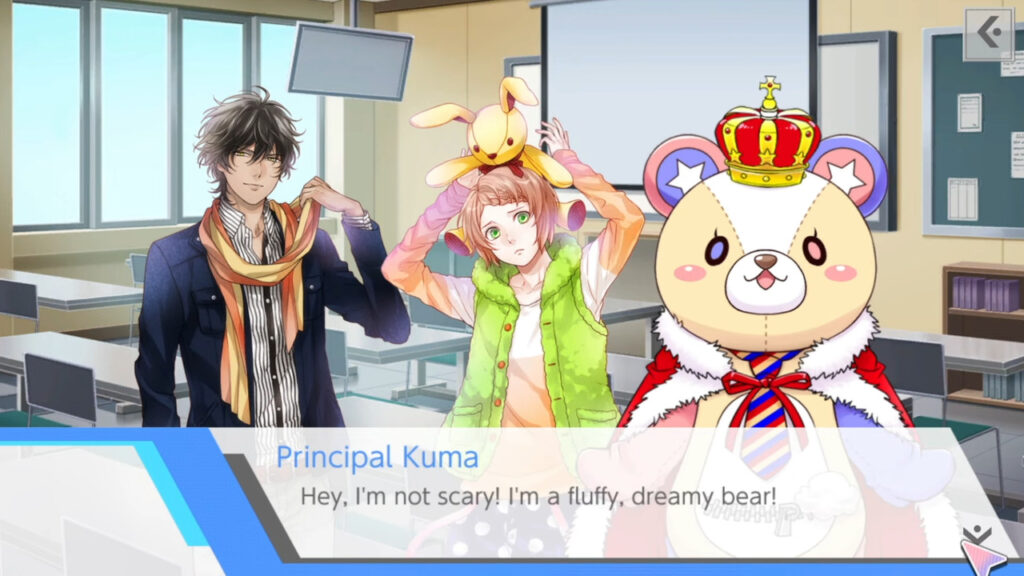


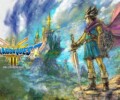

No Comments